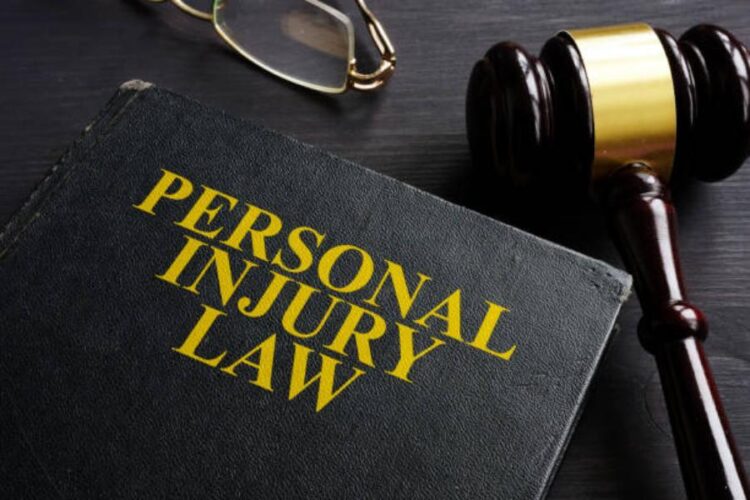Personal injury law is vital in the civil justice system. It gives injured individuals a means to obtain compensation for the negligent behavior exhibited by another person or party. It is true that a big number of personal injury claims are settled out of court, but a trial by jury is held when things turn sour. During these cases, the jury helps safeguard the rights of plaintiffs. It fosters fairness because the verdicts reached by a group of peers. Not just a judge.
The Significance of Jury Trial in Personal Injury Cases
A jury trial refers to a legal proceeding where a group of citizens work to resolve a civil dispute. Personal injury cases, unlike criminal cases revolve, around liability and compensation. They don’t question a person’s guilt or innocence, but determine the defendant’s negligence.
The process begins with jury selection. A panel of peers is assigned to hear the facts of the case. They listen to the witnesses and evaluate evidence presented. With this information, the jurors decide whether the defendant is liable. The jury’s responsibility also includes determining the damages awarded, if any.
The Case for Jury Trials in Personal Injury Law
The practice of jury trials upholds the principle of fairness. It places the decision-making power in the hands of common citizens. Instead of relying solely on judicial rulings. It unites people from different backgrounds to discuss evidence and apply community standards to the case under consideration.
Juries have the power to examine the case facts as well as question the credibility of the parties involved. They can also evaluate the emotional impact of injuries on plaintiffs. Notably, jury members can be used to curb massively large corporations or insurance firms that may want to downplay the importance of valid compensation claims. This dynamic strengthens the balance of power at trial and contributes to defending your rights in complex legal cases.
How Juries Influence the Outcome
During a personal injury jury trial, it is the responsibility of the jurors to hear and consider each piece of evidence before going to deliberations to arrive at a verdict. Their responsibility includes determining whether the defendant is liable for the plaintiff’s injuries. If so, they also decide on the appropriate level of compensation
Jurors must consider both economic damages, such as medical expenses and lost earnings, and non-economic damages, including pain and suffering. In Portland, for instance, civil disputes involving less than $50,000 in damages are typically directed to mandatory arbitration initially.
If one party appeals, the case can proceed before a jury, provided the jury award exceeds the arbitration result. Portland jurors thus balance thorough legal guidelines with their own judgment. Their decisions may vary based on a few things including:
- Witness credibility
- Case presentation
- Personal sentiment
In this regard, a good personal injury lawyer can argue the case clearly and persuasively. Their skill is important for ensuring that the client’s rights are effectively protected. For assistance crafting a compelling trial strategy and securing fair representation, contact our Portland personal injury legal team today.
Endnote
The trial by jury is perhaps the most important protection that personal injury litigation provides. It guarantees that justice is administered by giving the power to a group of citizens. As most injury cases settle before trial, the presence of a jury is important towards preserving the rights of victims. As the legal landscape progresses, the use of juries in preserving justice and responsibility will always be a hallmark of personal injury law.










